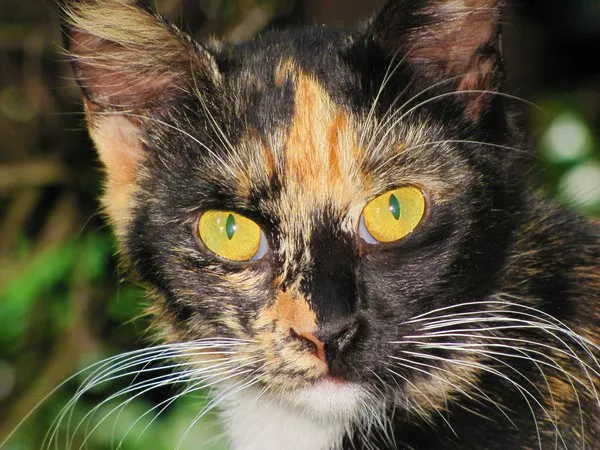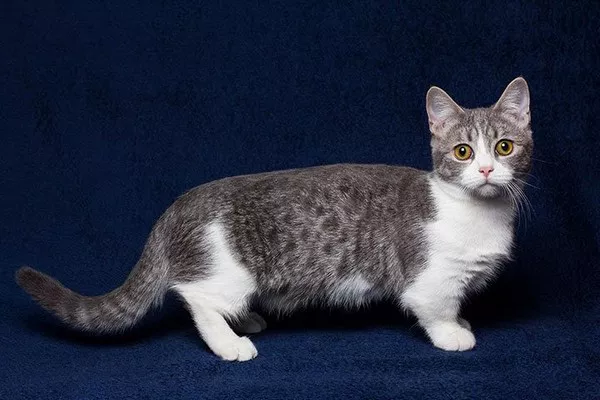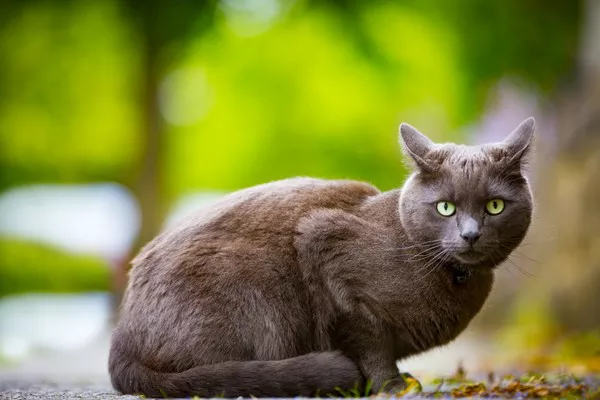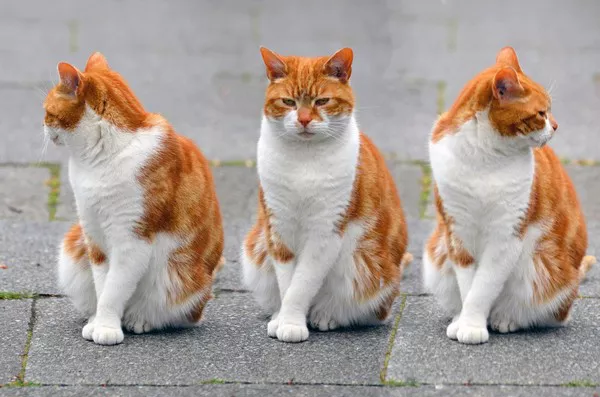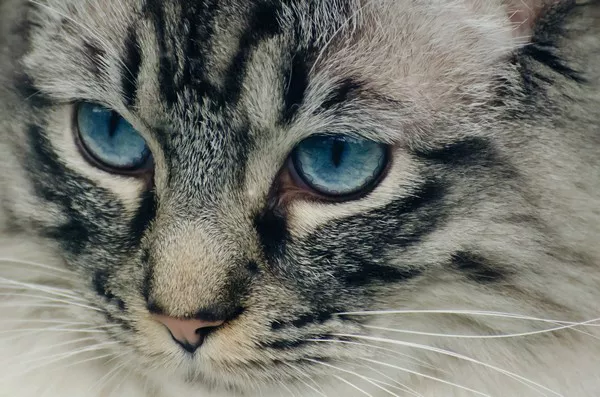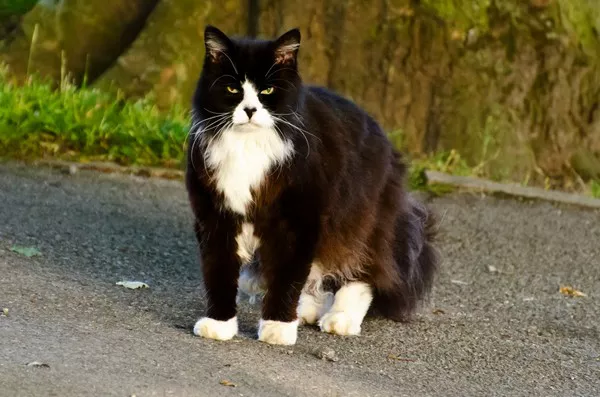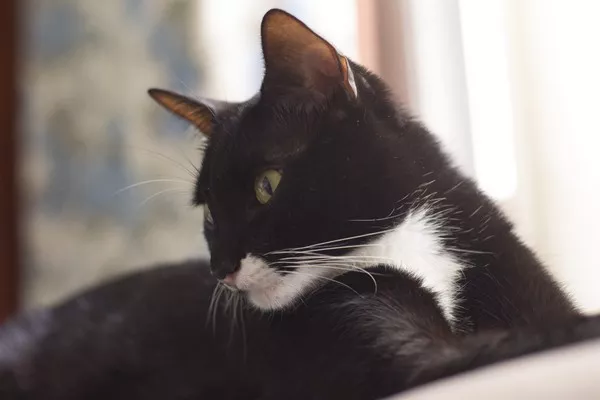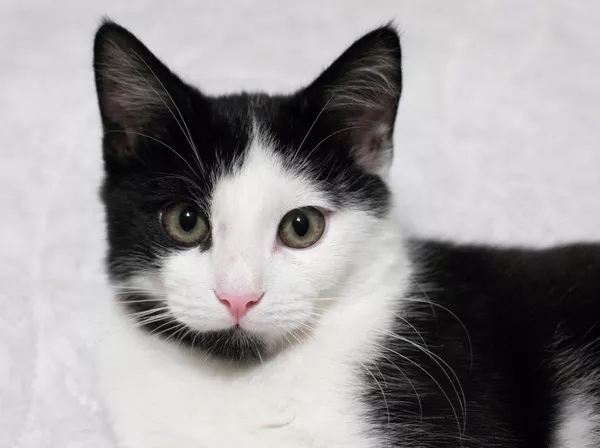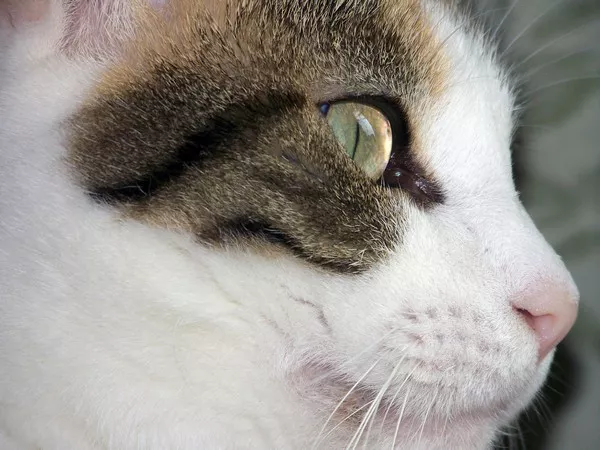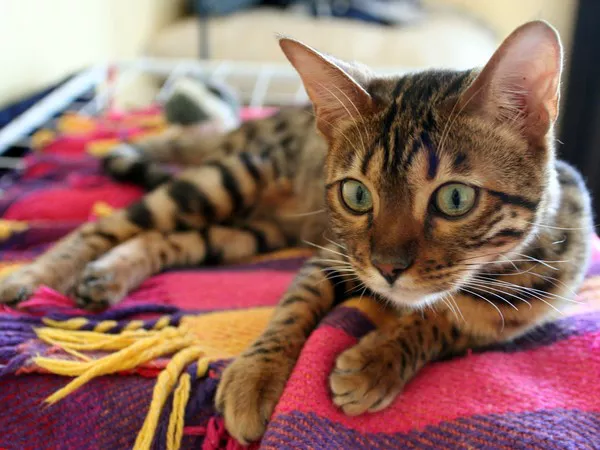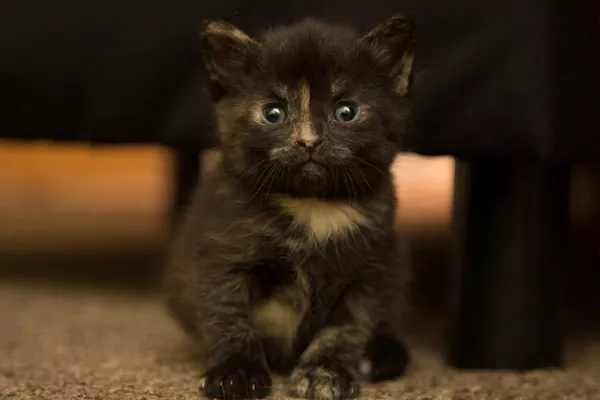As cat owners, we want nothing but the best for our furry companions. One common health issue that can affect our feline friends, especially as they age, is hyperthyroidism. This condition not only impacts their overall health but also necessitates specific dietary management to ensure they remain healthy and happy. In this article, we will explore hyperthyroidism in cats, its effects, the importance of dietary management, recommended cat foods, feeding tips, and the significance of consulting with a veterinarian. By the end of this article, you will have a comprehensive understanding of how to support your cat’s thyroid health through proper nutrition and care.
What is Hyperthyroidism?
Hyperthyroidism is a common endocrine disorder in older cats, typically affecting those over the age of 10. It occurs when the thyroid gland, which is responsible for regulating metabolism through hormone production, becomes overactive. This hyperactivity leads to the excessive production of thyroid hormones, primarily thyroxine (T4). As a result, cats with hyperthyroidism may exhibit various symptoms, including:
Weight Loss: Despite an increased appetite, many cats lose weight because their bodies are burning energy at an accelerated rate.
Increased Appetite: A cat with hyperthyroidism often feels hungry and may eat more than usual.
Hyperactivity: These cats tend to be more active, restless, and sometimes exhibit behavior changes, such as increased vocalization or agitation.
Other symptoms may include vomiting, diarrhea, increased thirst and urination, and changes in coat condition. If left untreated, hyperthyroidism can lead to severe health complications, including heart disease, hypertension, and organ dysfunction.
Impact on Health
Hyperthyroidism can significantly affect a cat’s overall health. The excess thyroid hormones can lead to a hypermetabolic state, putting stress on various organ systems, particularly the heart and kidneys. As the condition progresses, the increased metabolic rate can lead to heart disease, where the heart may enlarge (hypertrophic cardiomyopathy) and lose its ability to function effectively. Additionally, chronic high levels of thyroid hormones can result in hypertension (high blood pressure), which further complicates a cat’s health.
Because of these potential complications, it is crucial to manage hyperthyroidism effectively through a combination of medication and dietary changes. By addressing the underlying issues and supporting your cat’s health with a proper diet, you can improve their quality of life and prevent severe health consequences.
Dietary Management
Managing a cat’s diet is a key factor in controlling hyperthyroidism. An appropriate diet can help regulate thyroid hormone production and mitigate the symptoms associated with the condition. Here are some important dietary considerations for cats diagnosed with hyperthyroidism.
Low-Iodine Diet
One of the most effective dietary strategies for managing hyperthyroidism in cats is the implementation of a low-iodine diet. Iodine is an essential mineral for thyroid hormone production, and when a cat consumes high-iodine foods, it can exacerbate the overproduction of thyroid hormones.
Many commercial cat foods contain adequate iodine levels, so it is crucial to choose cat food specifically formulated to restrict iodine intake. A low-iodine diet can help decrease thyroid hormone production, alleviating some of the symptoms associated with hyperthyroidism.
High-Protein, Low-Carbohydrate
In addition to being low in iodine, a diet high in animal-based protein and low in carbohydrates is essential for cats with hyperthyroidism. Cats are obligate carnivores, meaning their bodies thrive on animal protein rather than carbohydrates.
A high-protein diet supports muscle mass maintenance, which is crucial as many hyperthyroid cats experience weight loss. Moreover, a low-carbohydrate diet can help stabilize blood sugar levels and prevent additional metabolic stress on the cat’s body.
When selecting cat food for thyroid health, look for options that emphasize high-quality protein sources, such as chicken, turkey, or fish, while avoiding fillers like grains, soy, or corn.
Avoiding Certain Ingredients
When selecting cat food for thyroid health, it is essential to avoid specific ingredients that could negatively impact your cat’s condition. Here are some key points to consider.
Fillers and Additives: Cat foods containing fillers, artificial additives, and byproducts should be avoided. These ingredients can offer little nutritional value and may even contribute to health issues. Instead, choose cat foods made with high-quality, whole-food ingredients that provide essential nutrients without unnecessary fillers.
Grains: Grain-free options can be particularly beneficial for cats with hyperthyroidism. Many cats have difficulty digesting grains, which can lead to gastrointestinal issues and hinder nutrient absorption. Grain-free diets often contain higher levels of animal protein, which is essential for supporting muscle mass and overall health in cats with hyperthyroidism.
Recommended Cat Foods
Selecting the right cat food is vital for managing hyperthyroidism. Here are some recommended options that align with the dietary needs of cats with this condition.
Hill’s Prescription Diet y/d Thyroid Care
Hill’s Prescription Diet y/d Thyroid Care is a specialized cat food formulated specifically for managing hyperthyroidism. This diet is low in iodine, which helps control thyroid hormone production.
Additionally, it is high in protein to support muscle mass and includes essential nutrients to maintain overall health. This prescription diet is widely recommended by veterinarians for cats diagnosed with hyperthyroidism, making it a reliable choice for cat feeding.
Wellness Complete Health Grain-Free
Wellness Complete Health Grain-Free cat food is another excellent option for cats with hyperthyroidism. This high-quality food contains low iodine levels and is rich in animal-based protein.
Being grain-free, it reduces the risk of food sensitivities and improves digestibility. This diet also contains antioxidants, vitamins, and minerals to support overall health and well-being, making it a good choice for cat feeding.
Stella & Chewy Freeze-Dried Raw Cat Dinner
Stella & Chewy Freeze-Dried Raw Cat Dinner is a premium choice that focuses on natural ingredients and minimal processing. This diet is low in iodine and high in moisture content, which is beneficial for hydration and kidney health.
The freeze-dried raw formula preserves the nutritional integrity of the ingredients, providing a rich source of animal protein. It’s a great option for cat owners looking to offer their pets a raw diet while still managing thyroid health.
Feeding Tips
Feeding your cat the right diet is only part of the equation. Here are some practical tips to help manage your cat’s hyperthyroidism through nutrition.
Consistency: Consistency is crucial when it comes to feeding cats with hyperthyroidism. Sticking to a low-iodine diet consistently will help regulate thyroid levels effectively. Cats are creatures of habit, and sudden changes in their diet can lead to digestive upset or stress. Once you find a suitable low-iodine cat food, make sure to feed it regularly without introducing other foods that could contain higher iodine levels.
Hydration: Ensuring your cat stays hydrated is essential for their overall health, particularly when managing hyperthyroidism. Encourage your cat to drink plenty of fresh water daily. Consider incorporating wet food into their diet, as it contains more moisture, which can help with hydration. Providing a water fountain can also encourage drinking, as many cats prefer running water.
Professional Advice
One of the most important steps in managing hyperthyroidism through diet is to consult with a veterinarian. Your veterinarian can assess your cat’s specific needs and recommend a tailored diet plan that meets their nutritional requirements while addressing their hyperthyroid condition.
Every cat is unique, and a veterinarian can help ensure that your cat is receiving the right balance of nutrients. Regular check-ups will also allow your vet to monitor your cat’s thyroid levels and overall health.
Monitoring Health
Regular veterinary check-ups are crucial for cats with hyperthyroidism. These appointments will enable your veterinarian to monitor your cat’s thyroid levels, assess their overall health, and make necessary adjustments to their treatment plan.
Routine blood tests are typically performed to check thyroid hormone levels, kidney function, and other health markers. Early detection of any changes can help prevent complications and ensure your cat remains healthy.
Conclusion
Managing hyperthyroidism in cats requires a comprehensive approach that includes proper dietary management and regular veterinary care. Choosing the right cat food, such as Hill’s Prescription Diet y/d Thyroid Care, Wellness Complete Health Grain-Free, or Stella & Chewy Freeze-Dried Raw Cat Dinner, can play a crucial role in managing the condition. Additionally, following feeding tips, consulting with a veterinarian, and avoiding certain ingredients can further enhance your cat’s well-being. With the right care, your cat can enjoy a long, healthy, and happy life.
Related Topics

